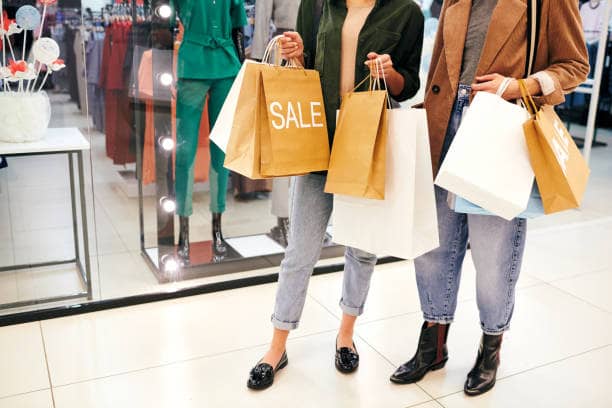Singapore – The Carousell Group, a multi-category secondhand goods marketplace in Greater Southeast Asia, has completed the acquisition of LuxLexicon, a Singapore-based luxury bag reseller and accredited luxury consignment platform. This effort intends to strengthen the group’s luxury category by pursuing an omnichannel approach and expanding its premium luxury goods.
The Carousell Group has purchased LuxLexicon’s company and assets in order to add LuxLexicon’s brand, large inventory of premium luxury bags for consignment and resale, and knowledge of offline retail to its portfolio. With this acquisition, LuxLexicon will be able to take advantage of Carousell Group’s expertise in international expansion and online recommerce, which will lead to further growth. Under Florence Low’s direction, LuxLexicon will continue to exist as a stand-alone business, keeping its name, staff, and retail location.
To encourage more consumers to use secondhand choices, the group launched initiatives in 2023 to improve convenience and trust in the purchase and sale of authenticated luxury bags. Carousell Certified Luxury is one such program that gives customers the assurance to buy verified luxury handbags. Since its launch, leads from the Sell to Carousell Luxury program—which allows users to sell or consign their bags directly to Carousell—have increased , more than doubling.
Speaking about the acquisition, Marcus Tan, co-founder of Carousell Group, expressed, “We are excited to partner with Florence and the LuxLexicon team to accelerate our ambition of creating the largest managed marketplace for authenticated second hand luxury bags where users can buy and sell with trust and convenience. We originally met Florence to partner with LuxLexicon for our Carousell Certified Luxury programme. After conversations, we realised that we had a similar vision, and by joining forces with LuxLexicon’s expertise, we could help each other supercharge our luxury bag business in Southeast Asia, Hong Kong and Taiwan over the next few years.”
He added, “We have been strengthening our recommerce foundations to drive our multi-category approach on our top growth categories. Part of these efforts were acquisitions for fashion, mobiles and autos over the years, and we are thankful to have these founders not only continue to partner with us to drive our mission, but also lend their expertise to the wider Carousell Group’s businesses over the years. Beyond growing organically as a top priority, we will continue to seek acquisition opportunities with the right partners across our focus categories and markets to accelerate the future of secondhand in Greater Southeast Asia.”
Meanwhile, Florence Low, founder of LuxLexicon, said, “LuxLexicon and Carousell Group share a common goal of providing a trusted and accessible platform for buying and selling authenticated luxury bags. Additionally, we both see similar strong consumer demand for popular brands such as Hermès, CHANEL and Louis Vuitton. This acquisition allows us to offer more variety of bags and recommend interested consumers to each other. I am excited to further grow the brand with Carousell Group’s scale, investment and regional expertise in the coming years and beyond.”


